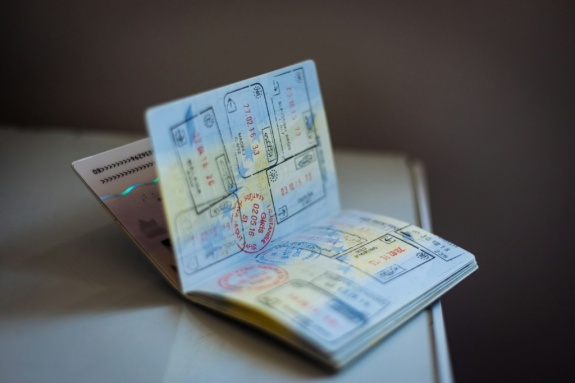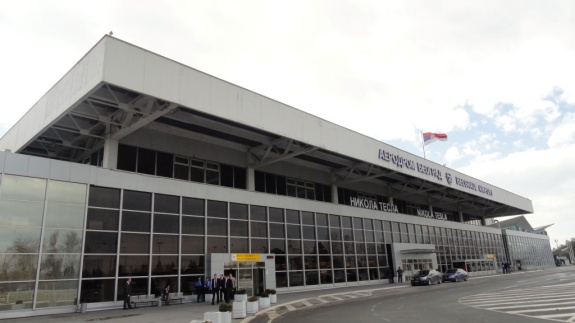News

Uzbekistan: Golden Visas For Foreign Nationals
Uzbekistan introduced “Golden Visas” – a new residence permit for foreign nationals with up to 5 years validity. The corresponding decree was issud on April 18 and has come into force starting June 1, 2025.

Slovakia: New Restrictions For Business Residence Permit Obtaining
Slovak government introduced several changes to the Act No. 404/2011 on the Residence of Foreigners, with major implications regarding Residence Permit for Business Purposes. Changes have been approved on May 20 and are set to take force from July 1, 2025.

United States: Nationality-Based Travel Ban for 19 Countries and a Six-Month F/M/J Ban for New Study at Harvard
President Trump has signed proclamations imposing new restrictions effective June 9, 2025 on visa issuance and travel to the United States

The EU has officially established a mechanism for suspending visa-free travel for third countries
Threshold levels for assessing violations have been set, providing the EU with additional tools for action. The law still requires approval from the European Parliament and the Council.

Israel - automatic extension for certain visa categories
The Israeli Population, Immigration and Border Control Authority (PIBA) announced on June 17, an automatic extension for certain visa categories. Foreign nationals holding the eligible visas, valid as of June 12, will have their permits extended until September 30, 2025.

Serbian passport ranks among top 35 in the world
The Serbian passport now offers visa-free access to 140 countries, placing it among the top 35 most powerful passports globally according to the Henley Passport Index. Ongoing negotiations with around 30 additional countries could soon elevate Serbia’s passport even further, opening new doors for global travel, business, and opportunity.

Serbia Launches E-Visa System: First Passengers Arrived on 9th June 2025
Serbia officially launched its new e-visa system, marking a significant step forward in modernizing public services.

Thailand Introduces Digital Arrival Card (TDAC)
As of May 2025, all foreign travelers must complete an online arrival form (TDAC) no later than 72 hours before entry.